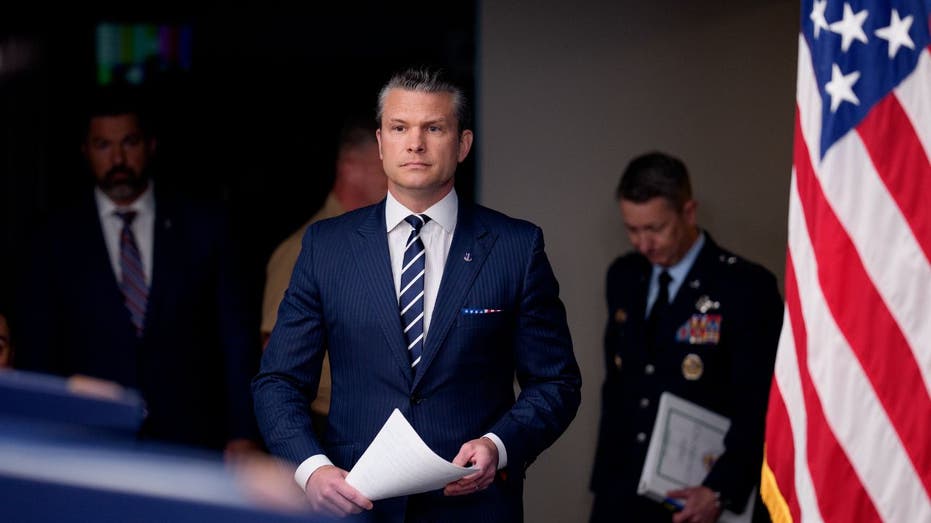A growing storm of concern is brewing in Congress over a series of covert military strikes in the Caribbean. Two senators, one a Democrat and one a Republican, are demanding answers from the Pentagon regarding the legal justification and specific orders authorizing these actions against boats suspected of carrying narcotics and linked to terrorist organizations.
Sens. Jack Reed and Roger Wicker have sent multiple letters to the Pentagon chief, requesting copies of the strike orders. They cite clear legal requirements for congressional oversight, specifically that defense committees must receive these orders within fifteen days of their issuance – a requirement that, according to the senators, has not been met.
The senators aren’t simply seeking procedural compliance. They’ve also requested a formal legal opinion from the Department of Justice, outlining the domestic and international legal basis for these strikes. Reports suggest such an opinion *does* exist, justifying the actions, but lawmakers have been denied access to it.
Beyond the orders and legal opinions, the senators are demanding a comprehensive list of organizations the President has authorized the use of lethal force against. This request aims to clarify the scope of the operations and the criteria used to designate targets, information that remains undisclosed.
The frustration isn’t limited to these two senators. Across the political spectrum, lawmakers are voicing concerns about a lack of transparency. Senator Mark Warner, the top Democrat on the Senate Intelligence Committee, sharply criticized the administration for excluding Democrats from crucial briefings on the strikes, calling it a dangerous precedent.
Democrats on the Senate Judiciary Committee have also formally demanded to review the legal justification, arguing the strikes may violate existing laws. They acknowledge the severity of drug trafficking but insist that accountability must operate within the bounds of the law.
The debate isn’t solely a partisan issue. Republican Senator Rand Paul has raised serious ethical and legal questions, focusing on the potential for killing innocent people without due process. He points to Coast Guard statistics revealing a significant number of boarded vessels are ultimately found to be innocent of any wrongdoing.
Paul further argues that if the administration is contemplating a broader conflict, potentially with Venezuela, a formal declaration of war from Congress is essential. This concern stems from reports suggesting the strikes targeted boats linked to a Venezuela-based gang, raising the specter of escalating military action.
Adding to the tension, a recent report alleged plans for strikes against military installations in Venezuela, a claim swiftly denied by President Trump and Secretary of State Rubio. This denial, however, does little to quell the underlying anxieties about the administration’s approach.
Just this week, the U.S. military carried out its fourteenth strike on a suspected drug boat, this time in the Eastern Pacific, resulting in four deaths. Since September, these operations have reportedly claimed the lives of sixty-one individuals, with only three survivors – some of whom have been repatriated.
A chilling detail underscores the opacity surrounding these operations: the Pentagon has refused to release the identities of those killed or provide any evidence confirming the presence of drugs on board the targeted vessels. This lack of transparency continues to fuel the growing congressional demand for answers and accountability.






